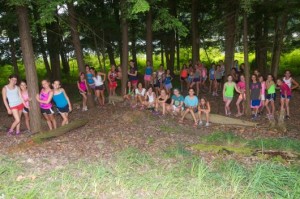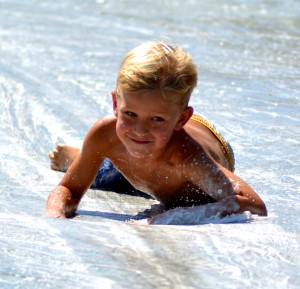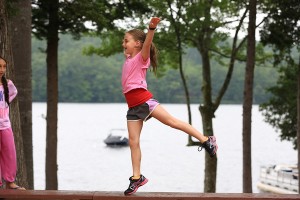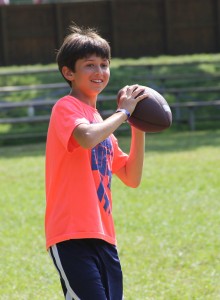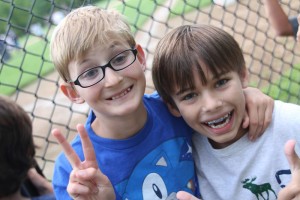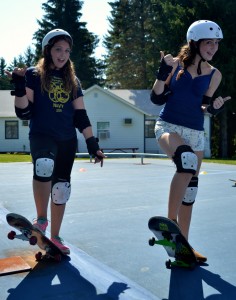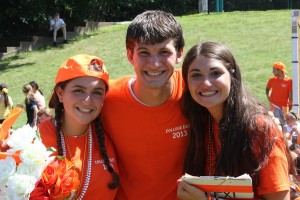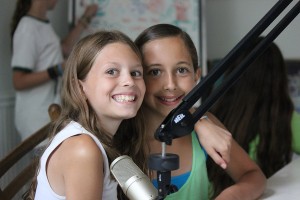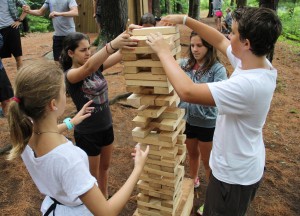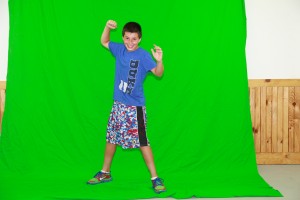If the cold weather has you exploring summer job options or you’ve been considering working at sleepaway camp this summer, this week’s guest blog is for you. It was contributed by a Starlight staff member and originally posted to the Camp Starlight blog on January 6, 2014.
 I’ve spent the last three summers at Starlight as both a counselor and assistant division leader. It’s hard to remember who I was before I came here, considering how much being at camp has changed me. As cliché as it sounds, I have truly grown as a person and met some of the most wonderful people while doing so. Every summer, since making the decision to join the staff, I’ve had opportunities to do other things, but never really considered being anywhere else….this is where I am supposed to be.
I’ve spent the last three summers at Starlight as both a counselor and assistant division leader. It’s hard to remember who I was before I came here, considering how much being at camp has changed me. As cliché as it sounds, I have truly grown as a person and met some of the most wonderful people while doing so. Every summer, since making the decision to join the staff, I’ve had opportunities to do other things, but never really considered being anywhere else….this is where I am supposed to be.
I have talked my friends deaf about my experiences and attempted to share with them the magic that Starlight holds, but it is something that needs to be seen first hand to fully grasp. The want for everyone to have this experience I have been blessed with has made me one of the biggest advocates for my peers on both trying and returning to camp.
We use the term “summer home” quite a bit, but it is for good reason. As soon as I venture up the camp road for that first entrance of the summer, I immediately check any stress and outside pressures at the door. Starlight is where I am with my friends, amazing campers, and a community of once strangers who I now consider family.
-Banner W.

 570-798-9831
570-798-9831
